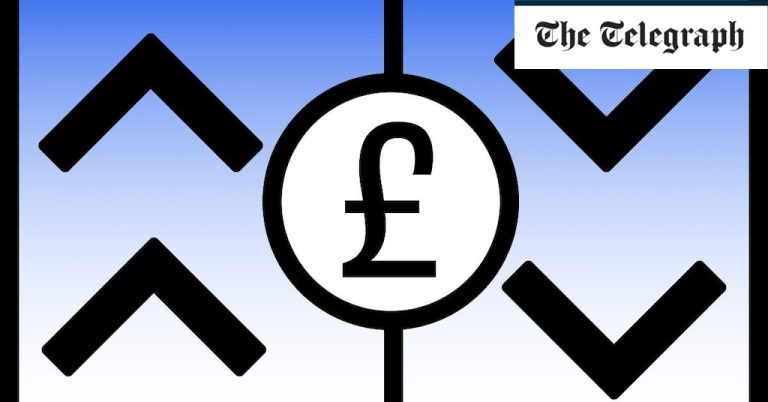How to protect your money during a recession
Pay off debt and build up cash
All economies go through natural cycles of expansion and recession. In the event of the latter, you should try to pay down any expensive debt that you may have, such as credit cards. If you have multiple debts, address the borrowing with the highest interest rate first, and then move onto the next.
If you do not have enough cash to pay down your debt, see if you can move to a cheaper rate. This can only offer some temporary relief but will give you more time to organise your finances and stop your debt from growing as quickly.
If you have money left over, you should also try to build an emergency cash fund. This can help protect you from any unexpected bills, or even help you cope with a period of unemployment. Putting aside three to six months’ worth of your average expenses is a good rule of thumb.
Keep investing for the long term
While a recession often dents people’s finances, it can also be a good opportunity to invest. However, you should only consider doing so if you already have a healthy emergency fund in place and are comfortable with the possibility of losing money.
Jason Hollands, of the broker Bestinvest, said: “While recessions are undoubtedly painful for the real economy, they increasingly prompt the sorts of actions that end up being very positive for investors.”
A recession calls for a more “defensive” investment style, which means picking stocks to buy and funds that are typically resilient during all points of the economic cycle.
Mr Hollands pointed to the consumer staples sector. While spending usually falls during periods of recession, everyday items such as toilet paper and tea bags rarely suffer.
